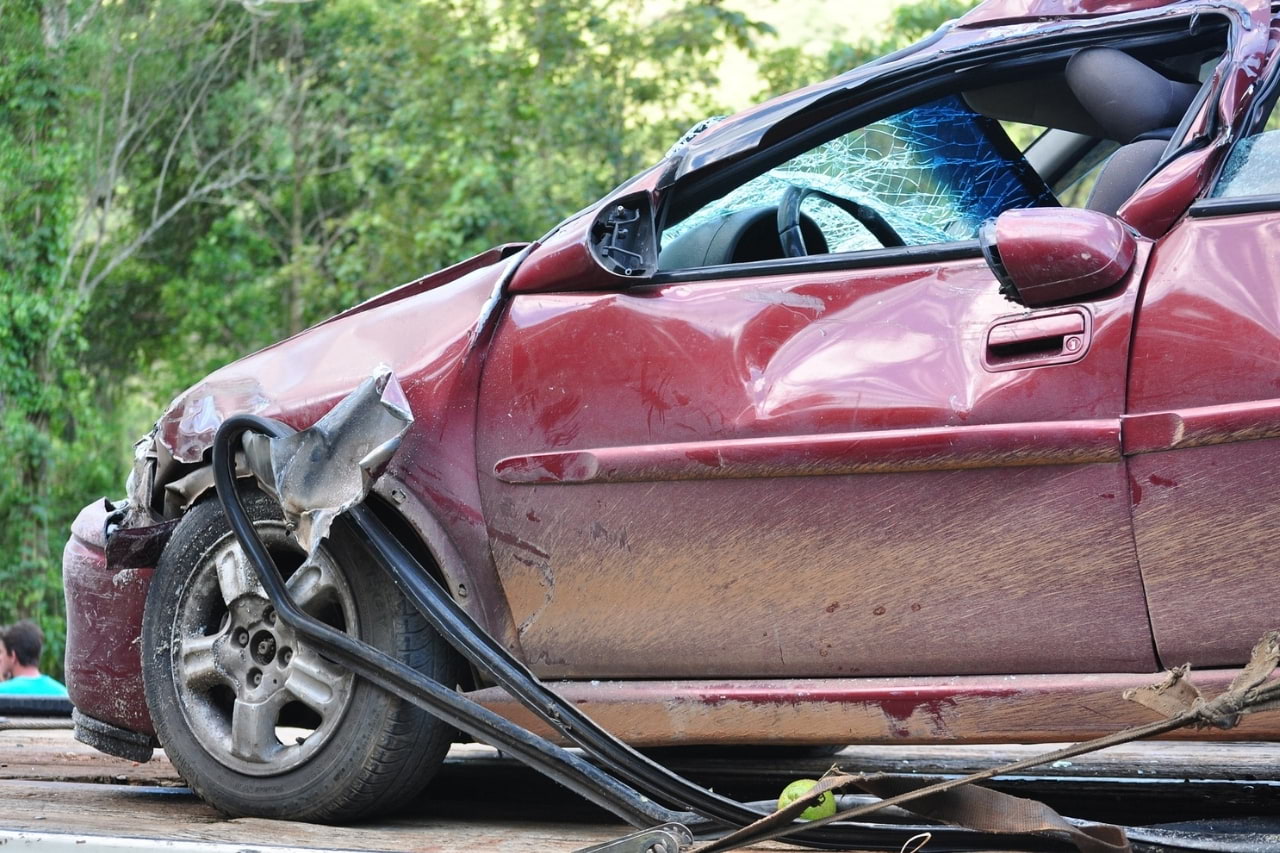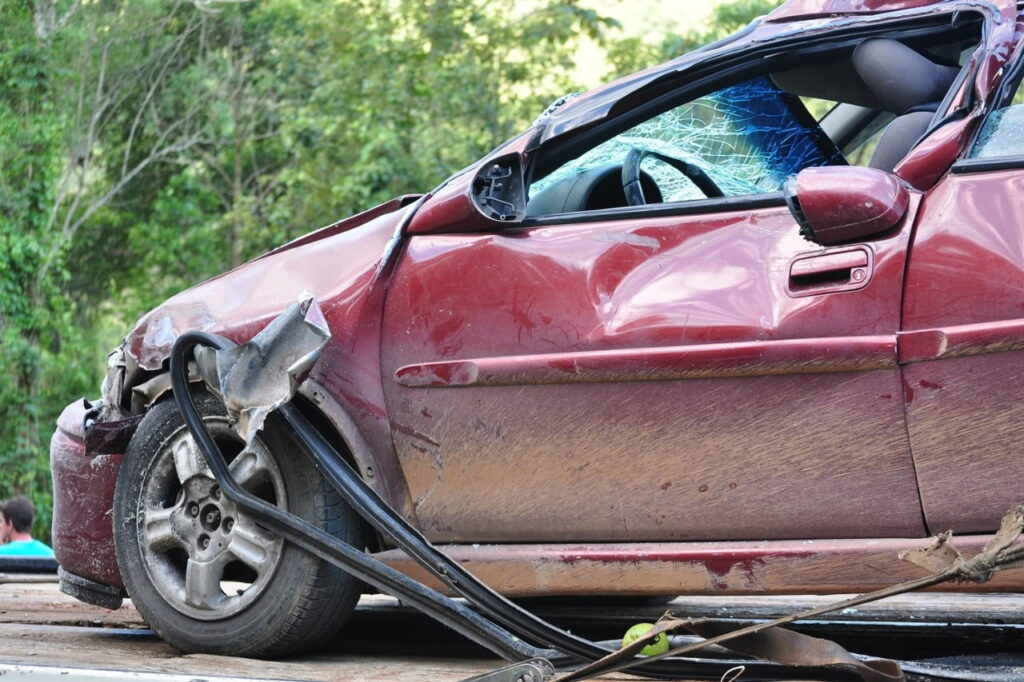Before making an informed decision about buying car insurance, you first need to know the answer to the following question: What does full coverage car insurance consist of? The answer is fairly simple: the term ‘full coverage’ typically refers to a car insurance policy that includes not only liability insurance (which is compulsory in the vast majority of states), but also comprehensive insurance and collision insurance. Let’s briefly examine what all of this means.
Liability insurance
If you are in an accident that is deemed to be your fault, this type of insurance will cover the damage to the other car and the medical expenses of its passengers. It does, however, not cover the cost of fixing your vehicle or any medical costs incurred by yourself or your passengers.
Collision insurance
This type of insurance will cover the damages to your vehicle, your passengers, and yourself if you are involved in an accident that is deemed to be your fault. There is typically a relatively small deductible (somewhere between $100 and $500) that you will be expected to pay, but the insurer takes care of the rest.

Comprehensive insurance
If your policy includes comprehensive coverage it means the insurance company will pay for damage to your car while it is parked somewhere. This can, for example, include things like it being damaged during a hurricane or a hailstorm – or your neighbor being so jealous of your new sports car that he destroys it with an ax. It typically also covers the replacement cost of the car if it is stolen.
Is full coverage car insurance worth it?
When you apply for a full coverage car insurance policy, the company will typically quote you a premium based on the type of car you are driving, your credit history, your location, your driving record, and your age. Quotes from different companies will often differ by hundreds of dollars a year, so getting at least two or three quotes is always a good idea.
For the same driver, a full coverage car insurance policy will always be more expensive than, for example, liability insurance alone. This is to be expected: the company is taking on a much bigger risk. But is it worth it for you as the owner of the car?
The term “worth it” implies that benefits should exceed costs. Of course, you can’t pay $5 000 a year to insure a $4 000 car. As a general rule, we would say that when the annual premium exceeds 10 percent of the value of your car, it might no longer be worth it to buy full coverage car insurance. Note we say ‘might’ and not ‘will’, You could cancel your comprehensive insurance today and be involved in an accident tomorrow – and before you’ve saved a dollar in premiums you will have to replace your car at your own cost.
That brings us to the next point:
When is it nearly imperative that you buy full coverage car insurance?
1. You still owe money on your car. The lender will require this anyway.
2. Your vehicle is paid off, but you don’t have enough savings to replace it. Buying another car is expensive, and if you can’t afford it rather do not stop your comprehensive car cover. Even if you can afford it, think twice about risking savings that took years to get together for something that could happen in five seconds.
3. If you notch up large distances every year. This drastically increases your chances of having an accident. The only logical option here is full coverage.
4. If you drive an expensive vehicle. If your car is worth a large amount of money, full coverage is really the only viable option on the table. If you are involved in an accident that is ruled to be your mistake, you will lose much more than what you would have paid for full coverage car insurance.

